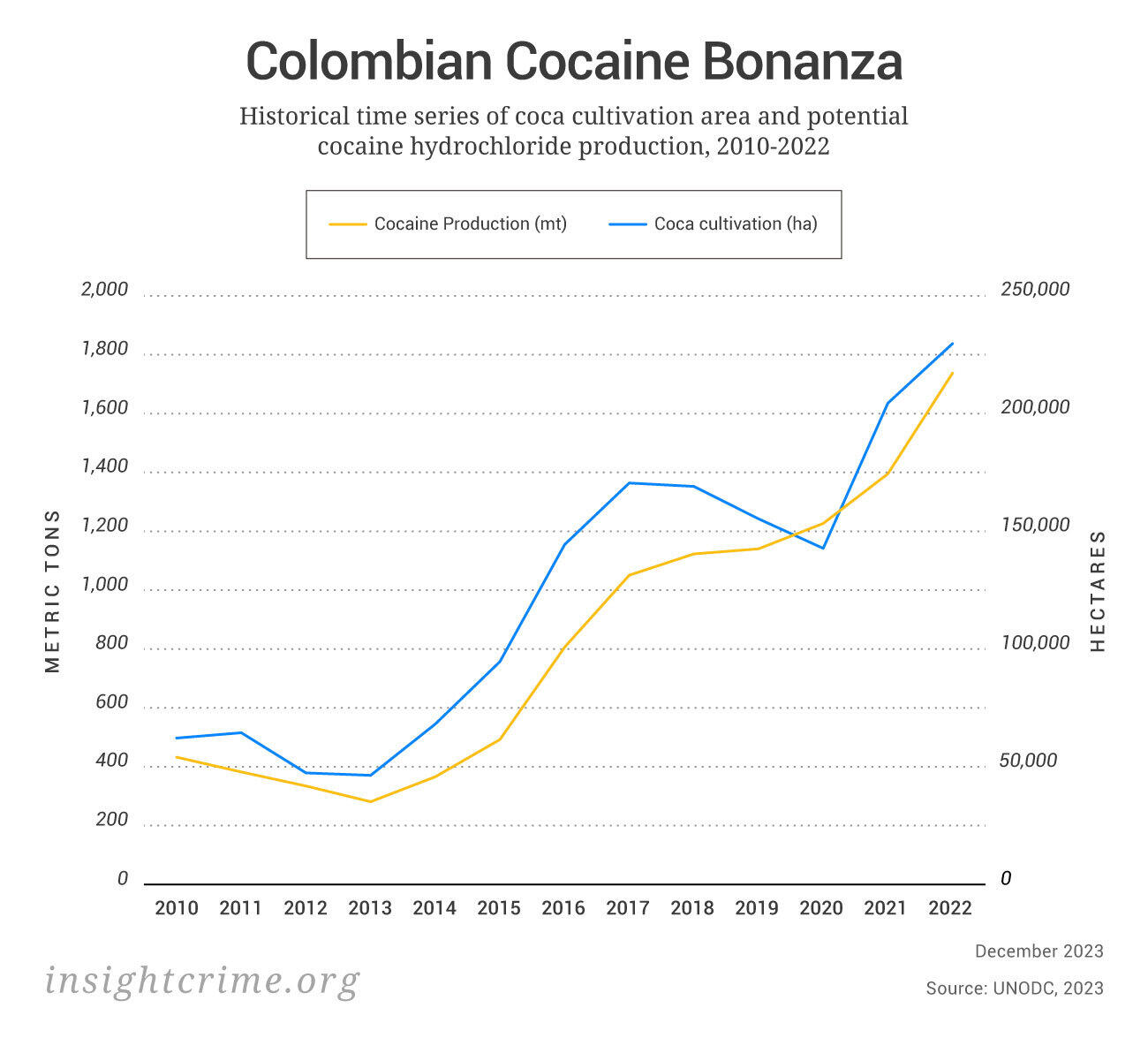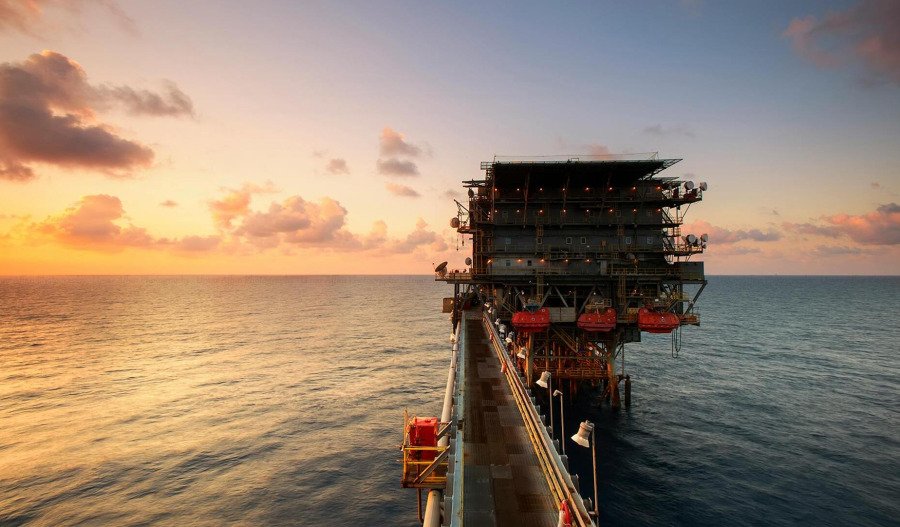Against the backdrop of a recent spat with the United States over illegal migrant deportation, Colombia’s President Gustavo Petro has suggested the global cocaine industry could be “easily dismantled” if the drug was legalised worldwide.
Petro had recently incited President Donald Trump to threaten tariffs on the country after he took to X a couple of weeks ago saying “I deny the entry of American planes carrying Colombian migrants into our territory”.
“The United States must establish a protocol for the dignified treatment of migrants before we receive them.”
At the time, two planes full of migrants that were due to land in Bogota were denied and Petro subsequently demanded that the migrants be returned on civilian aircraft instead of military planes and that they be "treated with the dignity a human being deserves".
Wielding tariff threats like a sword in battle, Trump swiftly threatened to impose a 25% levy on Colombian goods entering the U.S. and rise it to 50% by the end of the week if the deportation flights were not accepted.
Petro’s government hastily backpeddled and allowed the migrants to land two days later.
Not worse than whiskey, it can sell like wine
Now, in an address to his government, Petro has called for the legalisation of cocaine, which according to Bloomberg economist Felipe Hernandez is set to become the country’s biggest export, overtaking oil which accounted for about a third of legitimate exports in 2022 at US$19.1 billion.
“Cocaine is illegal because it is made in Latin America, not because it is worse than whiskey,” Petro said during a recent government meeting.
“Scientists have analysed this: cocaine is not worse than whiskey. If somebody wants peace, the business [of drug trafficking] has to be dismantled.
“It could be easily dismantled if they legalised cocaine in the world. It would be sold like wine.”
Petro pointed out that fentanyl, a contributor to the opioid crisis in the United States - a product that President Donald Trump is actively fighting at its borders with tariff threats - “is killing Americans, but it's not made in Colombia”.
Cocaine exports in 2022 were worth $US18.2 billion, a figure likely to soar when new figures come out as the United Nations Office on Drugs and Crime (UNODC) pointed out that in 2023, production had potentially increased over 53% to 2,664 metric tonnes.

UNODC data shows that a kilo of coke in Colombia sells for $2,000 and fetches up to $25,000 in the U.S., $35,000 in Europe, $50,000 in Asia and up to a whopping $100,000 in Australia.
Less harmful than alcohol?
The study Petro is referring to is 15 years old, published in Lancet and consigned for study in the UK by Britain's Centre for Crime and Justice Studies.
The study showed that overall, alcohol (legal and readily available) was the most harmful drug with an overall harm score of 72, yet crack cocaine (54) came in third back then and was almost on par with heroin (55).



